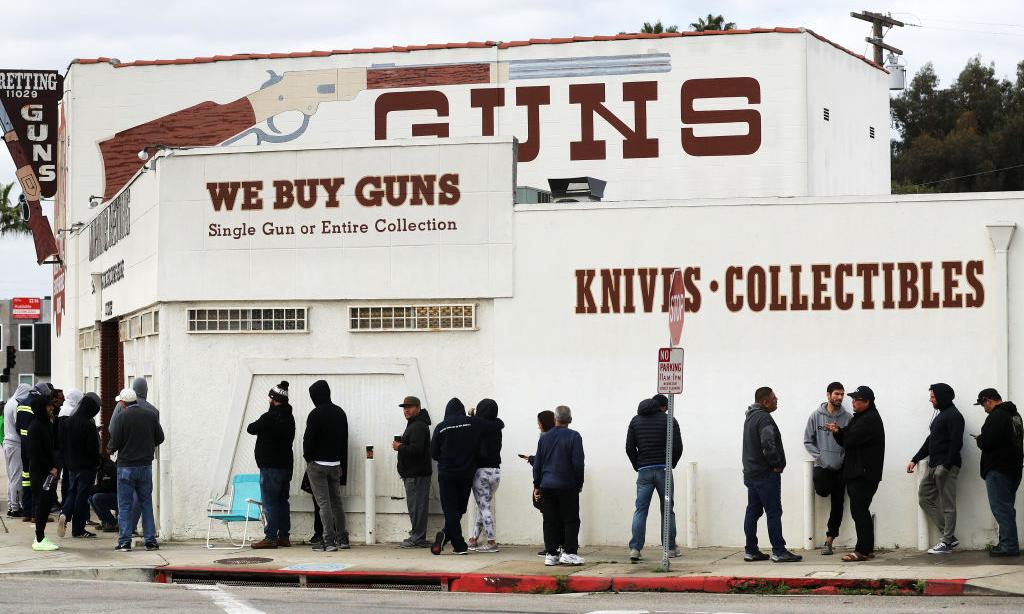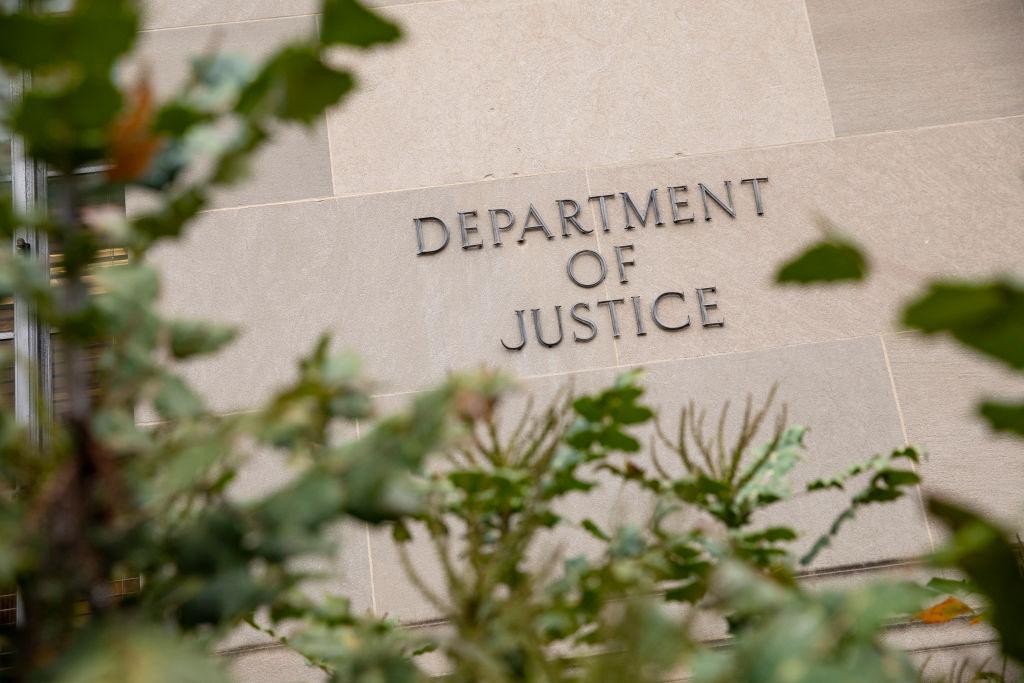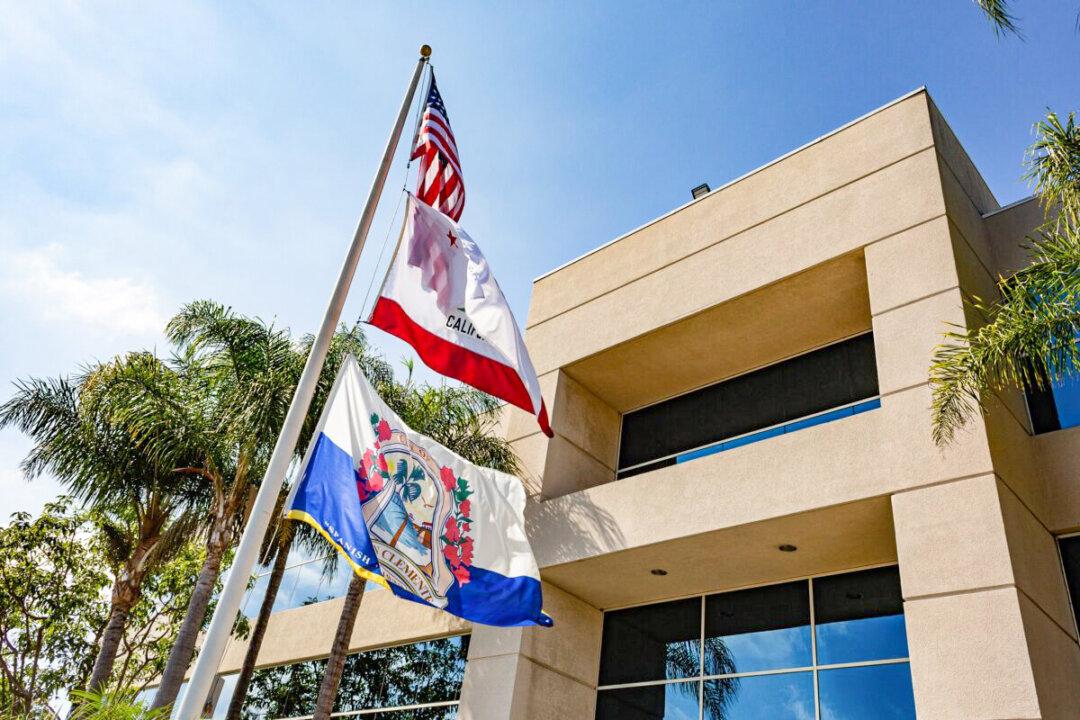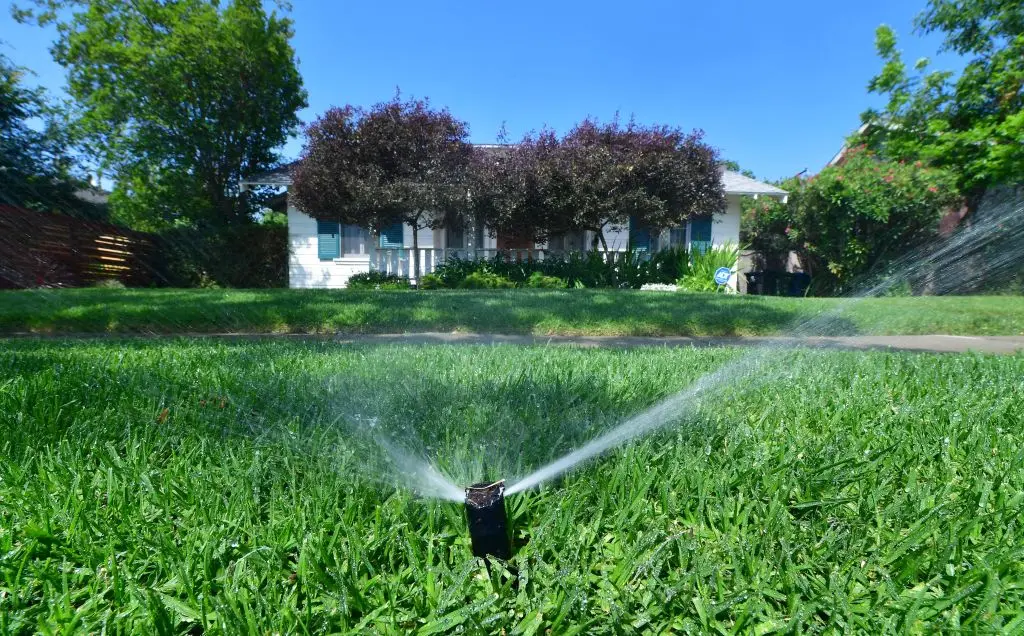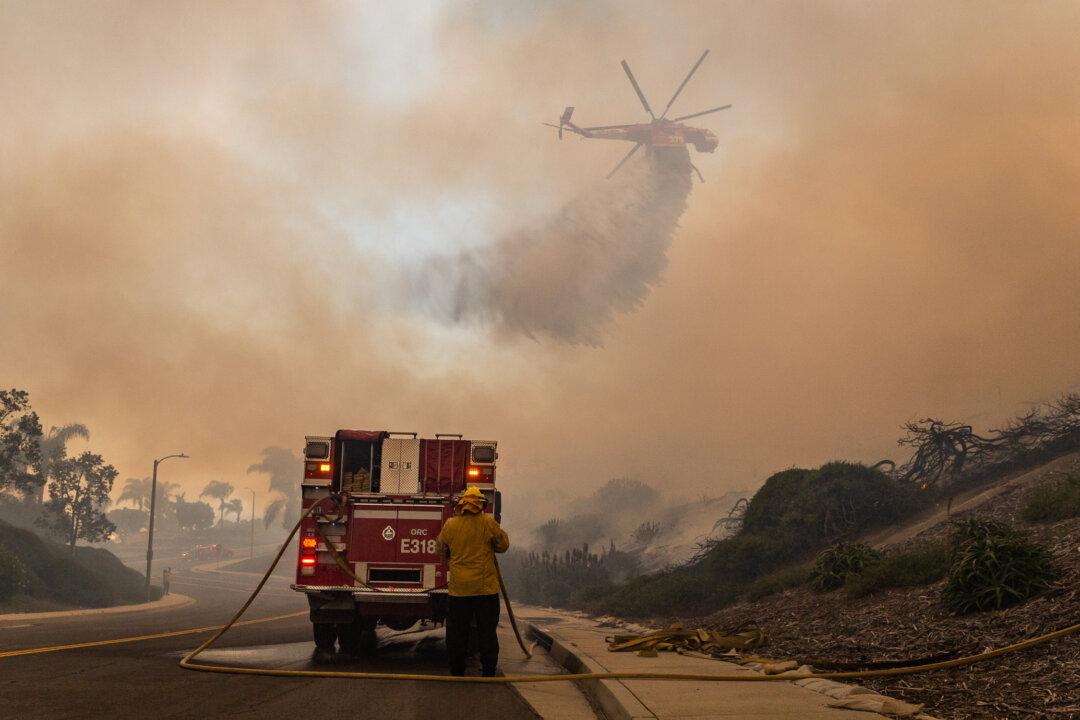SAN JOSE, Calif.—The San Jose City Council made history during a Jan. 25 meeting by requiring residents who own firearms to obtain liability insurance and pay an annual nonprofit fee, the first of its kind in the United States.
After four hours of discussion, debate, and public comments supporting and opposing the new law, the council voted 10–1 for the insurance requirement while the annual fee tallied in at 8–3.
